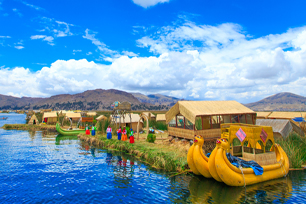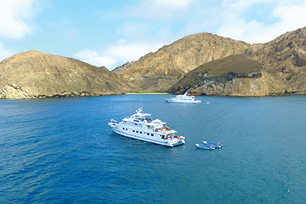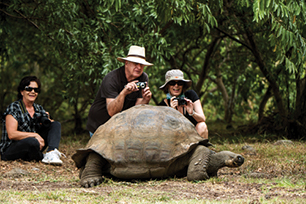Tours
Peru is one of South America’s premier destinations and not just because of its status of the land of the ancient Incas, the ruins of Machu Picchu and the Peruvian Andes; it’s also full of many cultural, historical and archeologically significant sites. But it is also known for its world-renowned food scene. Higher end restaurants are popping up everywhere with cuisine influenced by Latin America, Europe and even the Amazon and everyone is taking notice.
Destination Must-Sees
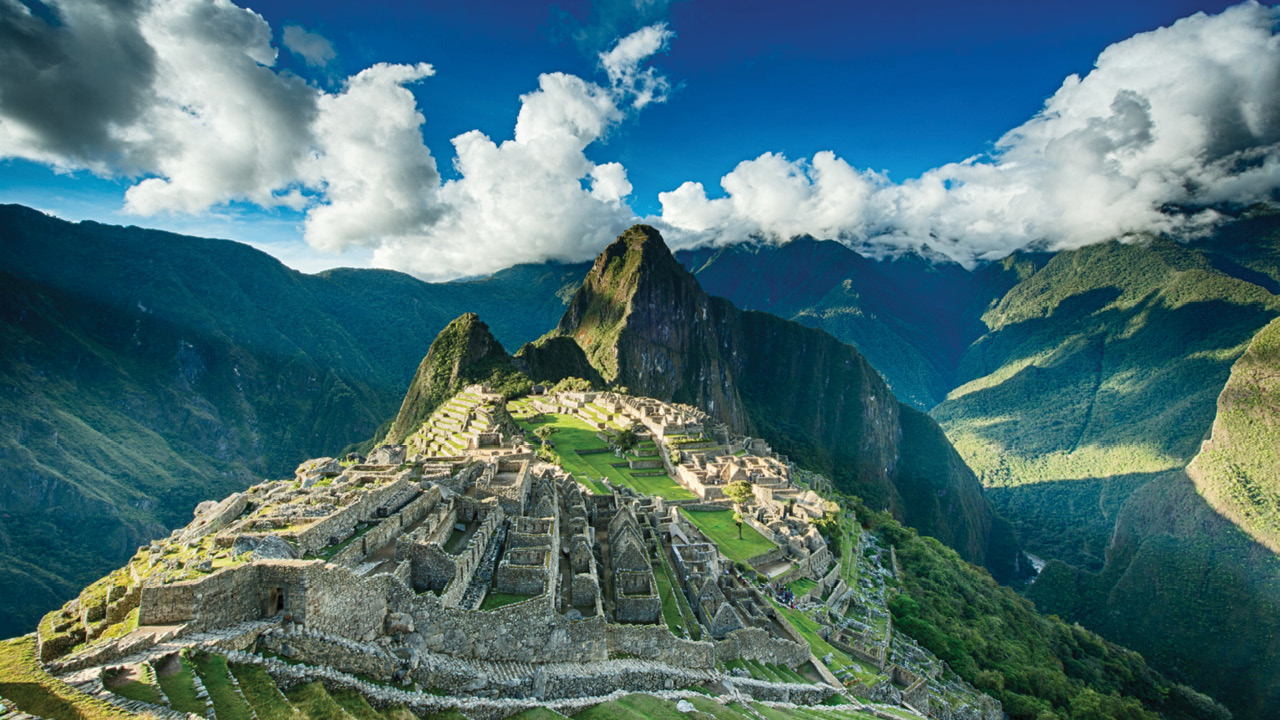
Machu Picchu:
Peru’s impressive 15th century Inca ruins are located high in the stunning Andes Mountains. Much is still unknown about this site that is the most well-preserved evidence of the urban Inca Empire. The Incas were without a written language, therefore, there are no records left behind on how it was created, its uses or why it was abandoned.
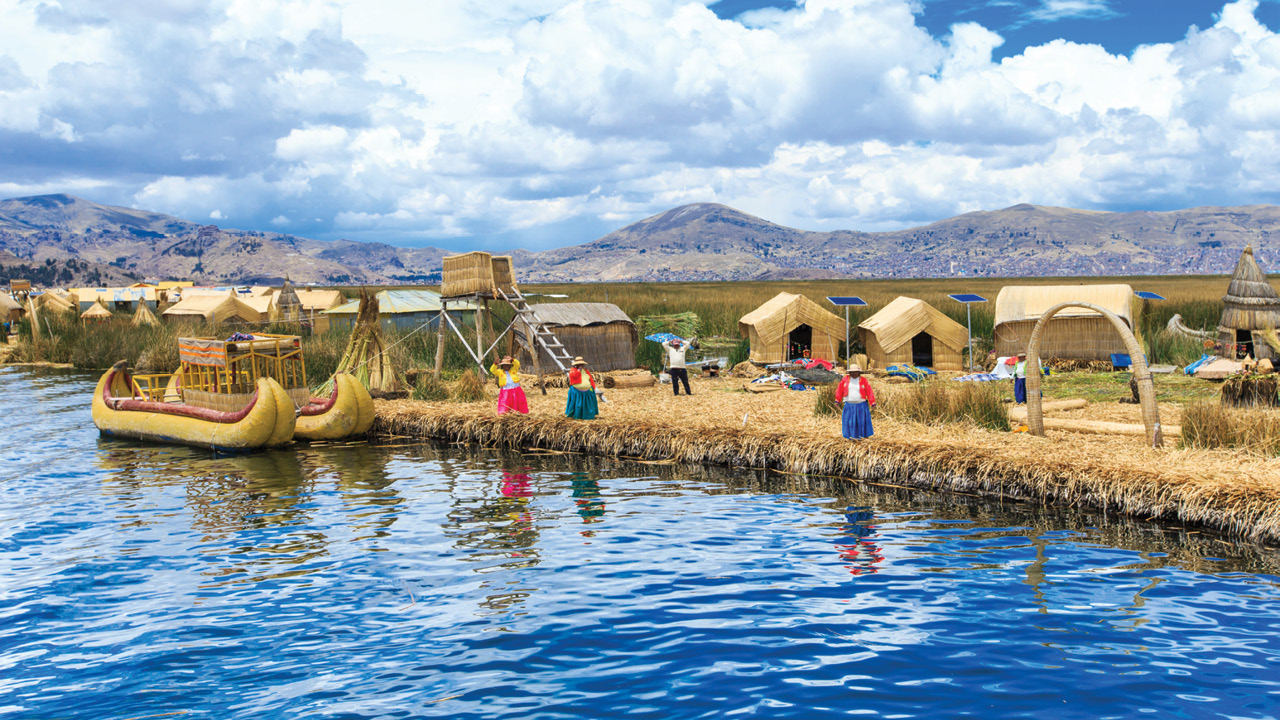
Lake Titicaca & the floating islands:
This area is home to the Uros people, a group of indigenous people (pre-dating the Incas). They live on breathtaking Lake Titicaca’s 42 floating islands. They believe that the lake was where the world was created and consider it sacred. Recently a large temple was discovered submerged in the lake, and the Uros people are fighting exploration for fear of the effects of disrespecting the temple will bring.
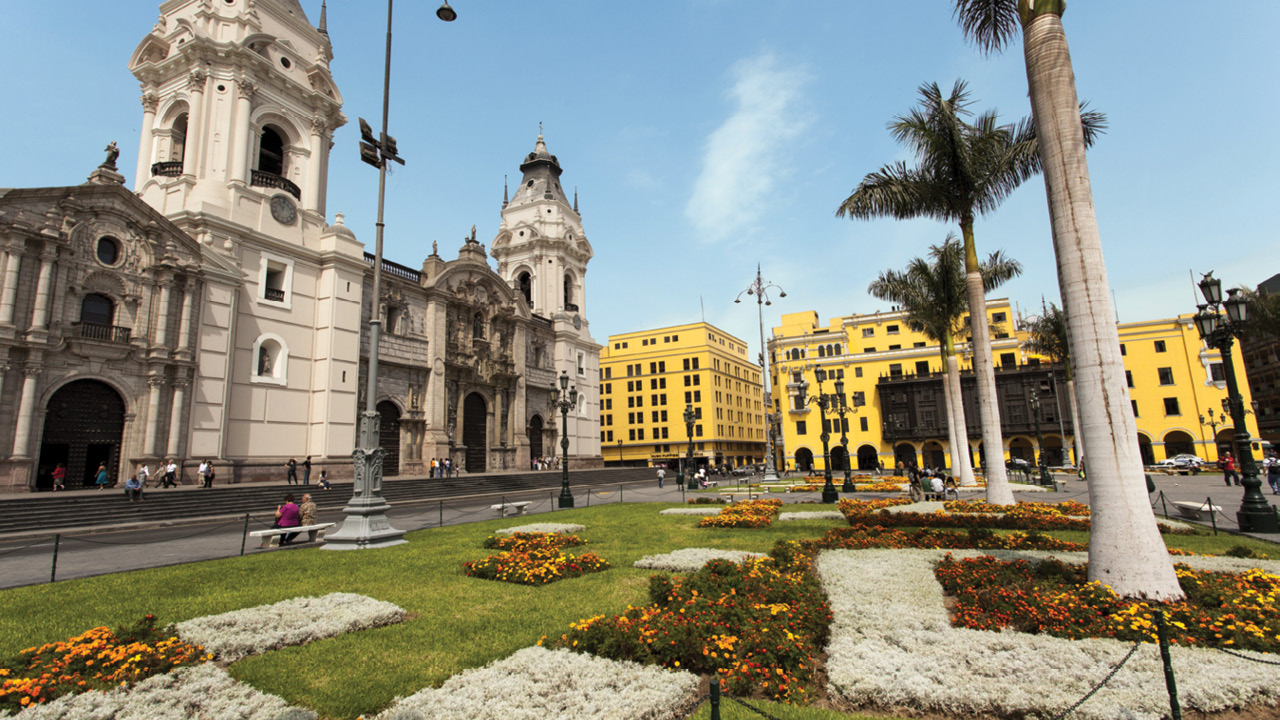
Lima:
This capital of the republic of Peru was originally named the ‘city of kings’ after the three wise men of the Bible, and later changed to Lima. You’ll find ancient sites and colonial architecture in this now modern city. The people are warm and hospitable and the food is delightful. The city has been awarded the world’s top food travel destination four years in a row.
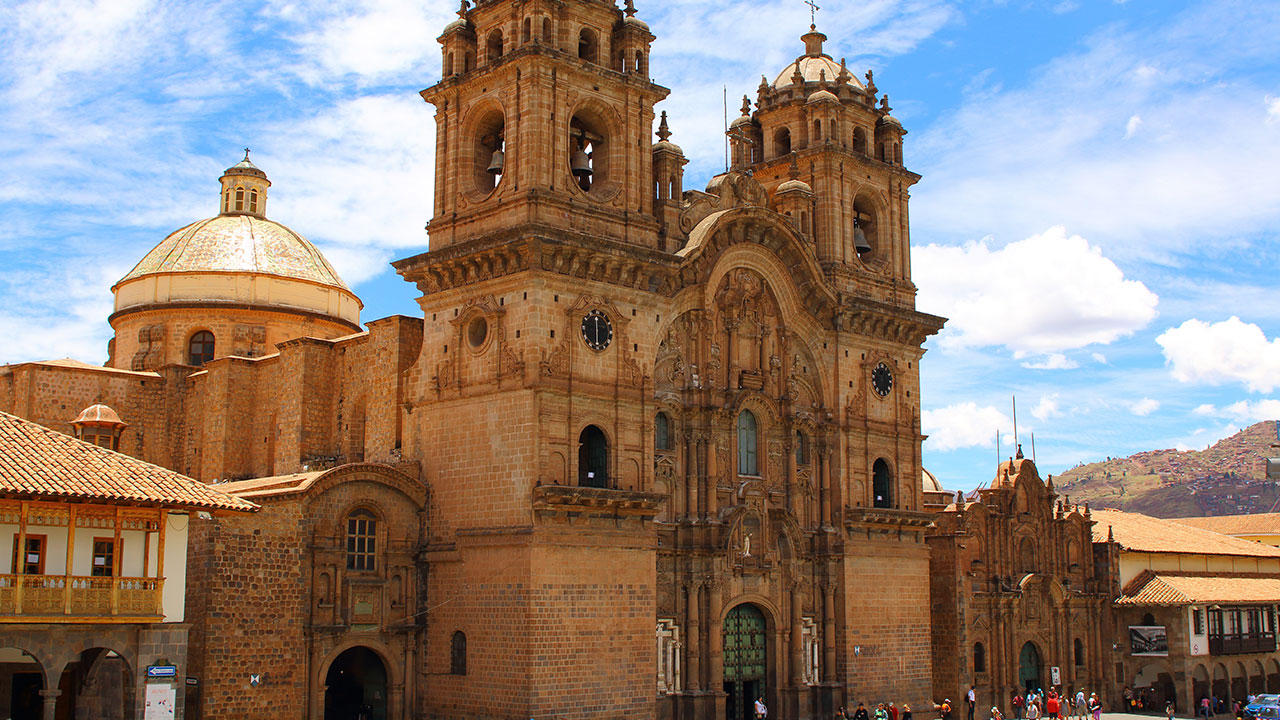
Cuzco:
The former capital of the Inca Empire, and was considered at that time to be the center of the world. The city is now an urban center of religion and government with charming streets, historic buildings and bustling squares. The most fascinating building in Cuzco is the Coricancha, known as the golden enclosure and the most sacred of all Inca sites.
Destination Must-Dos
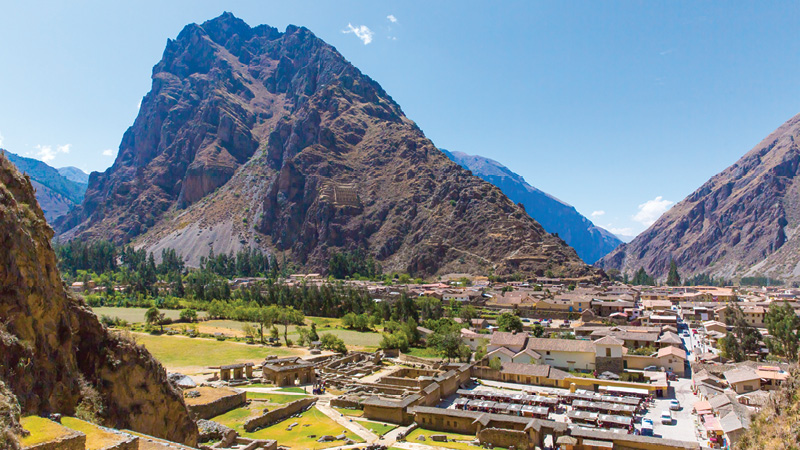
Ollantaytambo:
A little, ancient town in the western end of the Sacred Valley, it is the best surviving example of Inca town planning. The town is divided into blocks of homes with only one entrance that leads to a central courtyard. This town was a great feat for ancient times as the stones used to build the town came from the opposite side of the river, requiring massive efforts from the people.
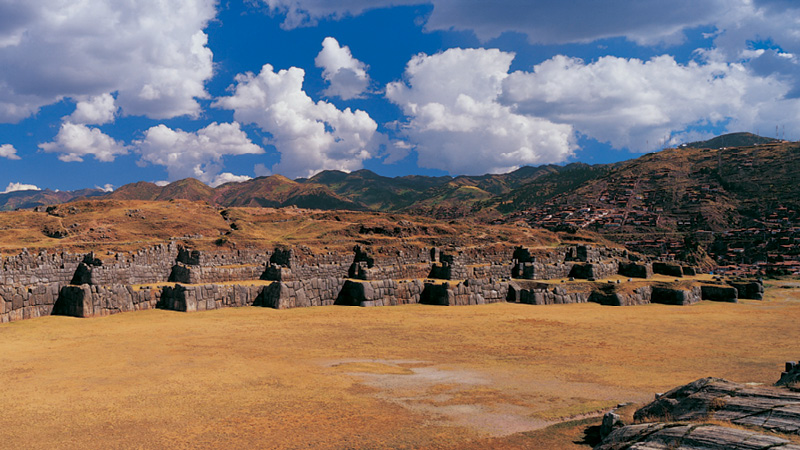
Sacsayhuaman:
Located on the outskirts of Cuzco, these ancient ruins sit atop a mountain leveled by the people of the period. Massive walls surround this sprawling complex. In the center lies a mysterious circular stone structure thought to be a solar calendar. The complex surprisingly has a water reservoir, storage cisterns, ramps, citadels, and underground chambers. Experts believe it was a fortress or former home of royalty.
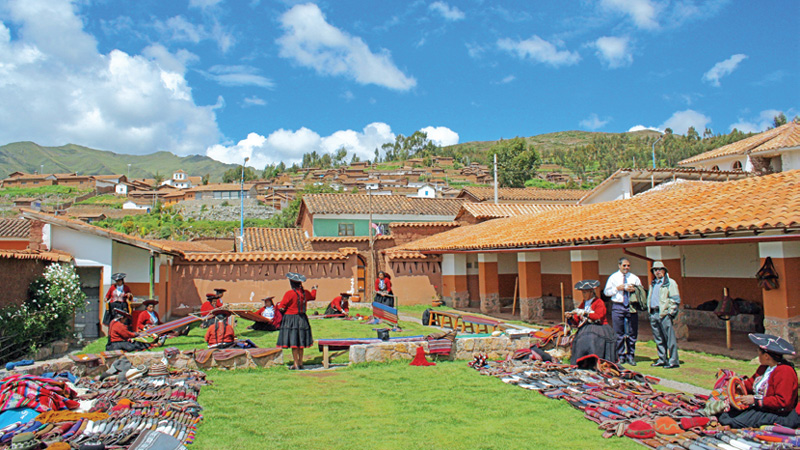
The Sacred Valley:
Also known as Urumbamba Valley, the Sacred Valley of the Incas contains many intriguing remains of Inca villages – including mummies! Its climate and fertile plains have drawn settlers to this rare fruitful location in the high Andes since ancient times. This former route to the Peruvian jungle was also a buffer zone protecting settlers from incursions from the Antis jungle tribes.
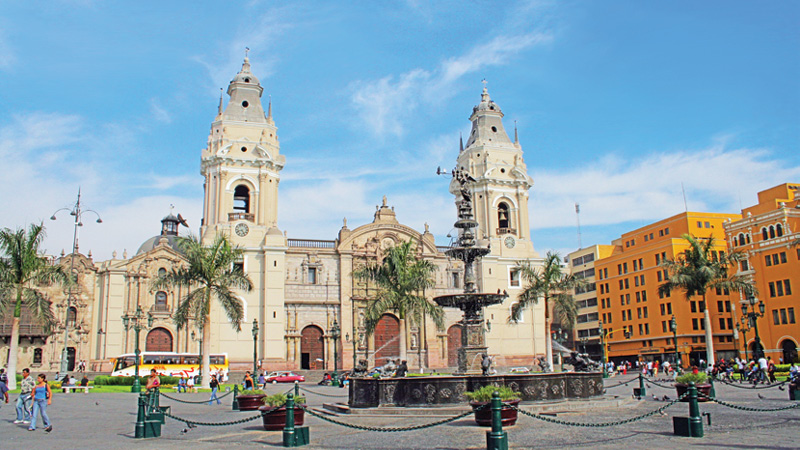
Plaza de Armas:
In ancient times, this city square was home to an Incan palace and a venue for festivals and religious ceremonies. After the Spanish took over in the 16th century, the palace was demolished and two churches were erected here flanking the square, which was then used to conduct military exercises. Now, it holds a historic charm as most of the buildings you will see here date back to the 1700s.
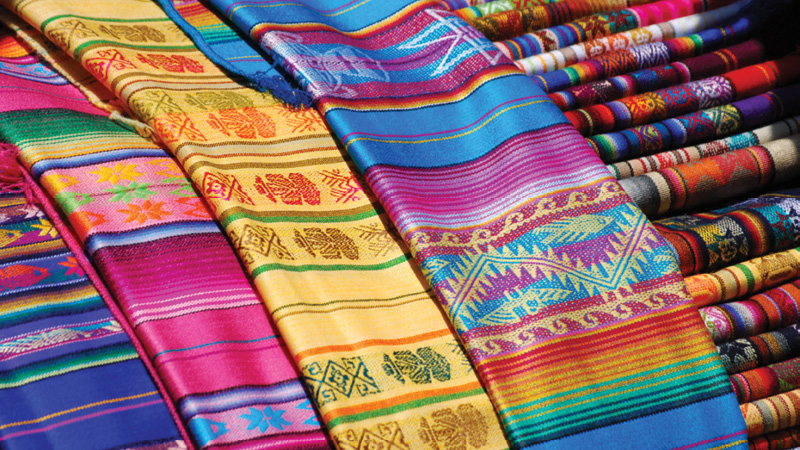
Go shopping in the world renowned Pisac Market. Open every day, you will find hundreds of individual vendors from the local villages who sell everyday products and unique handmade items you won’t find anywhere else.
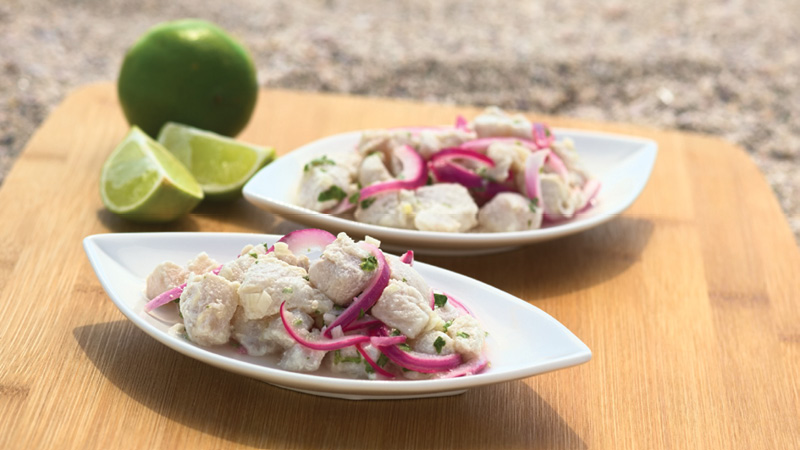
Taste the amazing ceviche. This popular Latin American dish of marinated fresh raw fish spiced with varied peppers and seasonings is “cooked” with citric juice (lemon or lime). Simply divine!
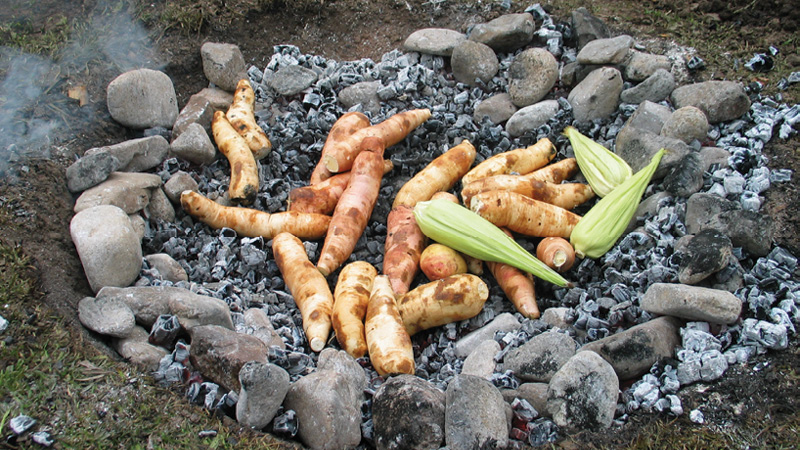
Sit down for a traditional meal. At a Pachamanca (earth oven) dinner that was popular with the Inca people, the food is layered, placed over hot stones and buried in the ground to cook for hours. It is a true cultural experience.

